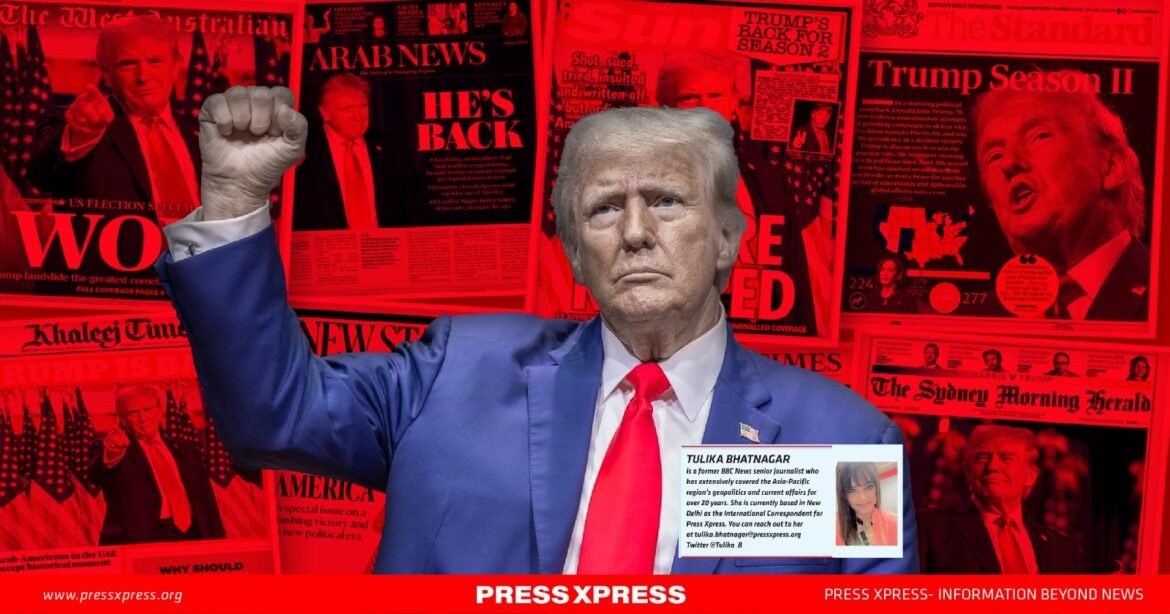From raised expectations to despair, to cautious optimism, as the US president-elect Donald Trump declared victory in the 2024 elections, the rest of the world reacted.
Global capitals are now preparing for a Trump 2.0 when he takes office formally on 20 January.
And regional media from across the world has given rich speculations about how their regional situations will pan out, once Trump 2.0 takes over.
Here’s an analysis of the key regional media outlets and their take on the next US government.
China, Hong Kong: Cautious optimism on Trump win
Cautious optimism is the name of the game in Chinese media.
State tabloid Global Times carried a number of articles around election day and Trump’s victory, but refrained from publishing any editorial or opinion piece.
In one article dated 6 November, the newspaper said, “China’s policy toward the US is consistent, and it will continue to handle China-US relations based on the principles of mutual respect, peaceful coexistence, and win-win cooperation”, quoting Chinese Foreign Ministry spokesperson Mao Ning.

However, it also posted a word of caution: “If the new president can learn lessons from his previous term to better manage the China-US relations and maintain cooperation and seek more common ground to avoid a zero-sum game and more confrontation, that would not only be good news to the peoples of China and the US, but also the rest of the world.”
Chinese news agency Xinhua carried a piece saying Trump has won in an “utterly divisive, costly US election amid deep public concerns”.
Hong Kong-based SCMP reacted to Trump’s win more critically.
It said in an editorial that the “US policy to curb China’s growing power” will not change.
“China will brace for a new battleground… (as) Trump warned on the campaign trail of imposing hefty tariffs.”
The editorial also cautioned that while Taiwan and the South China Sea will be a point of ongoing friction with Beijing, even Hong Kong would expect uncertainty. “Trump’s first administration levelled sanctions against the then Hong Kong chief executive and other officials after 2019 unrest.”
In another piece dated 8 November, SCMP published an analysis with the title “Is Trump’s win the start of a free fall in China-US ties – and is there time to stop it?”
It mentioned that “the trajectory of ties would hinge on who Trump picks for his team.”
Asia-Pacific: Mixed expectations
Australian public service broadcaster SBS Australia talked about Trump’s unpredictability.
“When Donald Trump was president from 2017-2021, he was widely viewed as impulsive and unpredictable. That makes it hard to predict what his next term will be like…” the news outlet said in an online piece.
The piece, titled “Seven things we can expect from Donald Trump’s presidency” went into detail about Trump’s future moves on key issues such as trade and immigration.
Japan’s Kyodo news agency made a stronger observation.
Calling it a “decisive win”, the news agency went on to describe the impact on US allies and partners from Europe to Asia.
“The 78-year-old’s comeback could prove a headache as he has long questioned the worth of multilateralism and collective action to deal with wars, climate change and other global challenges,” the agency noted.
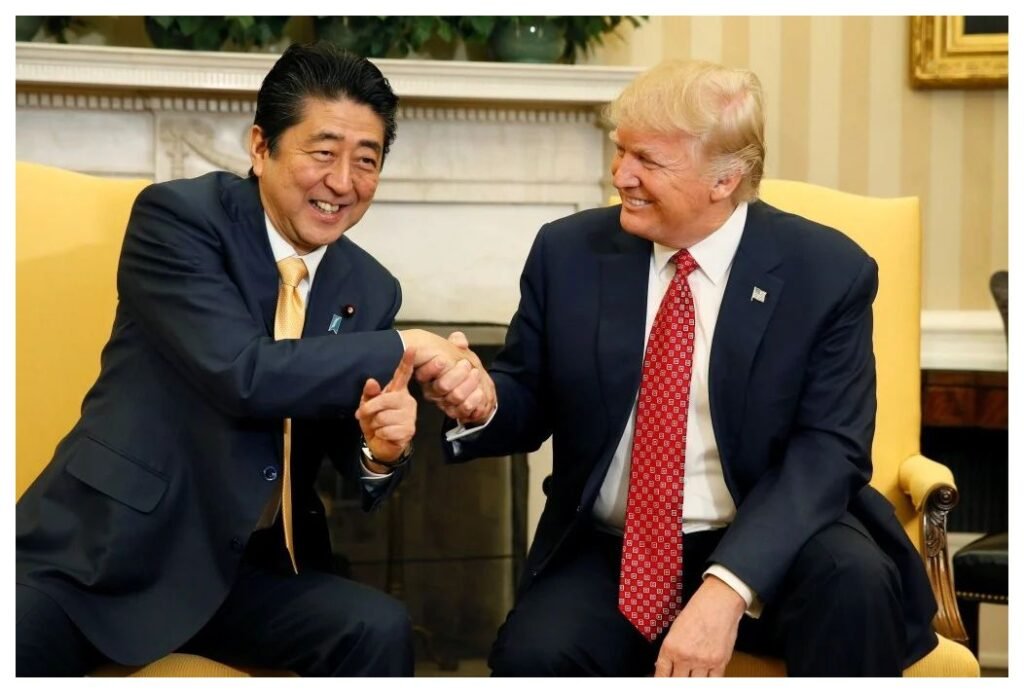
One of the biggest media outlets of Asia-Pacific region, Singapore-based Channel News Asia, highlighted the “America First” policy. ‘America First’ is going to be much different this time around than it was last time around, CAN reported citing trade analysts. “At least for the first two years of his presidency, he’s going to be able to put policies and procedures in place that he thinks will benefit the Americans,” the report said, highlighting that Asia-Pacific trade tariffs will be significantly impacted.
South Asia: A lot depends on Trump
South Asia, which has always been a critical area of focus for the US, especially due to its leaning towards Quad and Indo-Pacific, watched the election very closely.
Media outlets across South Asian countries gave rolling coverage to the election right up until the time Trump declared his victory.
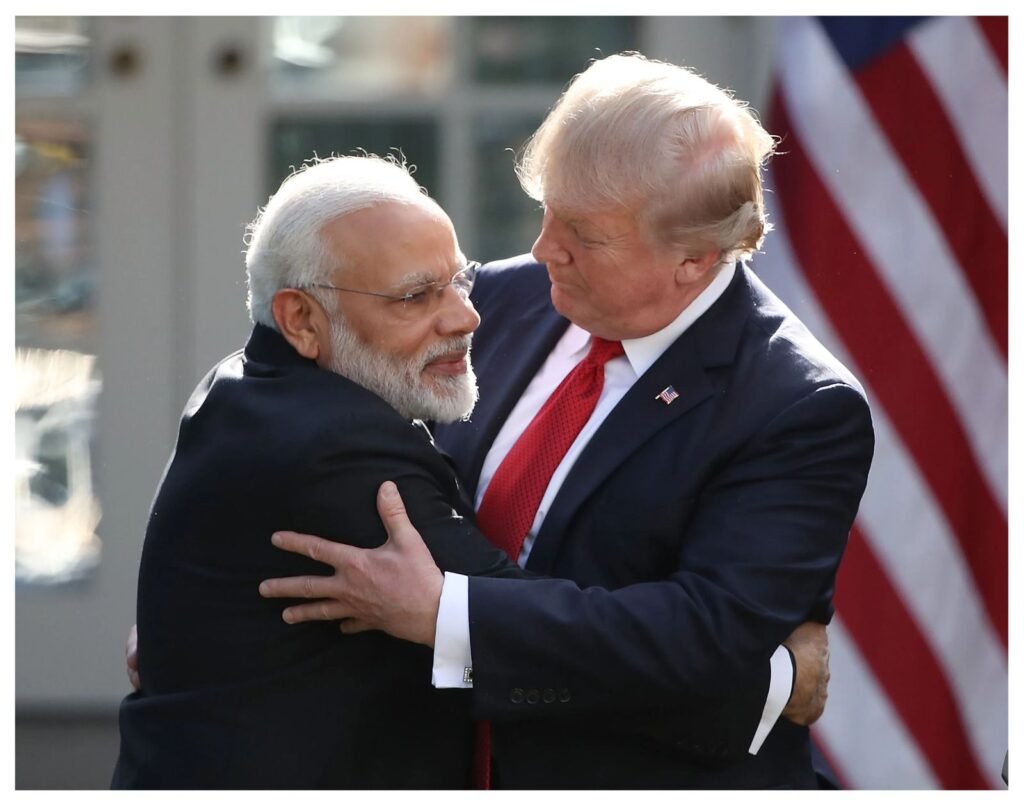
National daily the Times of India carried an editorial on 8 November, saying that “there is no need for stark either/or choices” in the upcoming Trump presidential term. “Binary oppositions only reduce wiggle room for policy, painting the decision-maker into a corner.”
In The Hindu, Narayan Lakshman wrote that this election result reveals a “slow but potentially tectonic change in what Americans want from their leaders”.
The voters appreciated that Trump is a “disruptor and political fire-starter” as much as a specialist in “gimmickry and theatrics – all because Washington elites could not get their act together and expediently embark on a project of de-globalising the economy to save blue-collar jobs in the rust belt.”
Most Indian mainstream outlets however reported on the expected improvement in US-India ties and also highlighted the excellent equation between Indian Prime Minister Narendra Modi and US President-elect Donald Trump.
Bangladesh’s The Daily Star, carried an interview with Michael Kugelman, director of South Asia Institute at the Wilson Centre, focusing on ties with the US after all the turmoil that Dhaka witnessed this year.
“I don’t think Trump would be interested in continuing the current nature of the relationship … It is very clear that the politics of
Dr. Yunus don’t align with Donald Trump”
– Michael Kugelman
He elaborated: “We know when Yunus took office, the Biden administration responded very positively… but Trump’s ideologies would very much align with what India would like to see… you’re not going to have a US President who would go out of his way to strengthen the relationship with the current interim government… and in the context of current tense Bangladesh-India relations, it would be more reassuring for India.”
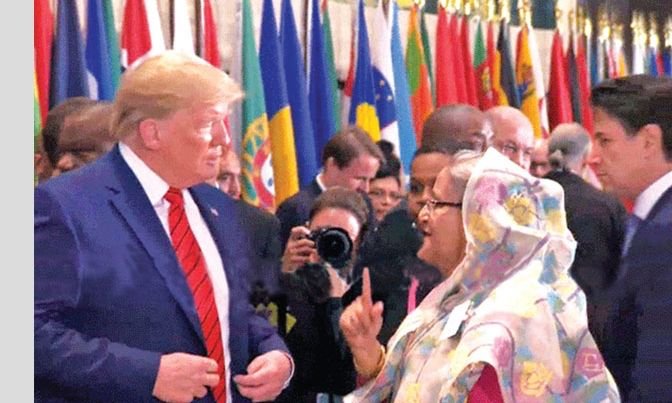
In Pakistan’s national daily Dawn, Khurram Husain wrote, “Trump will not care for Pakistan”.
“Pakistan can no longer count on the idea that some big power or the other will always be available to bail us out,” Husain wrote, pointing that “Pakistan may well find itself having to choose, China or the US? But even before it comes to that… it’s time to learn to stand on our own feet.”
In Sri Lanka, media outlets also discussed US-Bangladesh ties from a South Asian regional perspective.
According to a report published in the Daily Mirror, “the Biden administration was instrumental in the political developments that led to Hasina’s fall, and there is widespread speculation that the Democratic government under Joe Biden played a key role in installing Yunus as the head of Bangladesh’s interim government.”
It added: “However, with the powerful return of Donald Trump… Yunus will not enjoy the same level of favour or support from Washington. The shift from a Democratic to a Republican administration could signal a dramatic change in the trajectory of US-Bangladesh relations, especially as Yunus no longer has the backing of his Democratic political allies.”
The Daily Mirror also focused on India-US relationship under Trump in another piece.
“India is expected to be a key partner of the US like it was during the previous Trump government,” the paper reported.
“There is a good equation between (Indian) PM Modi and President Trump.”
Koreas: From silence to ‘good chemistry’
North Korea state media has remained unusually silent on Trump’s election win.
Major North Korean news outlets, such as the Korean Central News Agency (KCNA), the Rodong Sinmun daily newspaper and the Korean Central Television have not reported on this till 8 November morning.
It is notable that Trump and North Korean leader Kim Jong Un met three times during Trump’s first presidency.
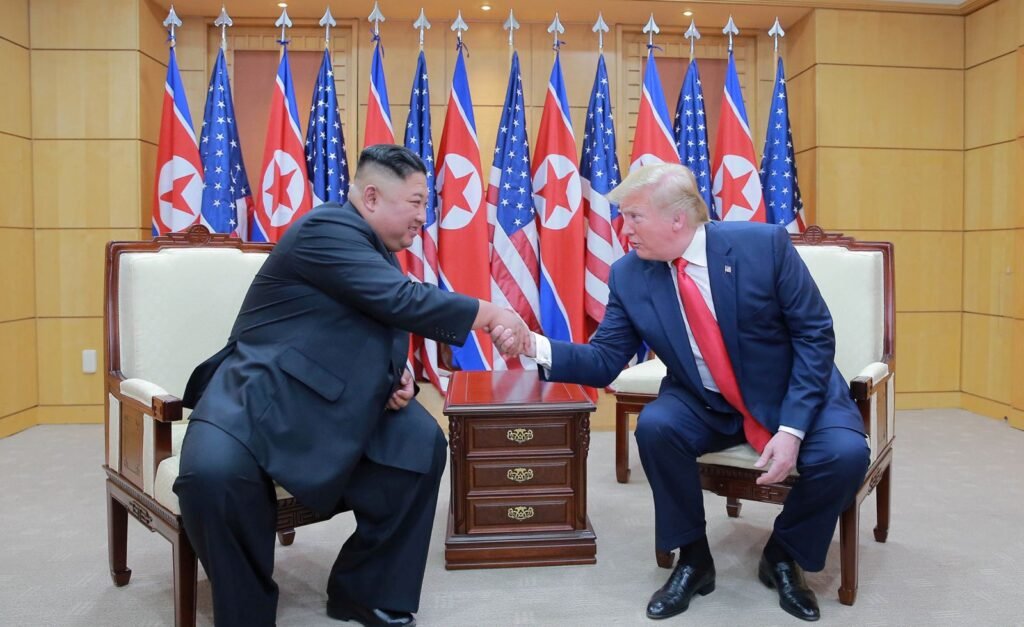
South Korean media on the other hand have been far from silent on Trump’s election victory.
Major news outlets reported South Korean President Yoon Suk Yeol as expressing confidence that he will get along well with US President-elect Donald Trump.
Yoon anticipated having “good chemistry” with Trump, suggesting they could connect on a personal level.
“I have built strong ties with former high-ranking officials from the Trump administration and influential Republican members who have assured me they would help establish a solid bridge with President-elect Trump. So, I don’t foresee any major issues in working together,” Yoon told local media.
Russia: ‘Courageous’ Trump
State-controlled Russia Today (RT) news website carried a piece saying Russian President Vladimir Putin congratulated “courageous” Trump.
Putin paid tribute to Trump’s actions during an attempt on his life in Pennsylvania during a campaign rally.
“I was impressed. He’s a courageous person,” Putin said. “A person shows their true colour in these emergencies, and I think he acquitted himself admirably and in a valiant fashion as a man.”
Putin said that he is open to receiving a phone call from Trump, adding that “it wouldn’t be beneath me to call him myself.”

Trump has repeatedly promised to bring the Ukraine conflict to a swift end.
In a separate analysis piece on RT, military commentator Mikhail Khodarenok examined that for Trump it will be tricky to resolve the Ukraine conflict in such a manner so as to show that “the West has not lost, Russia has not won, and Ukraine has not been defeated”.
Middle-East: Gearing up for change
The key media outlets in the vast expanse of the Middle East region remained focused on the implications of Trump’s presidency for the region’s security situation.
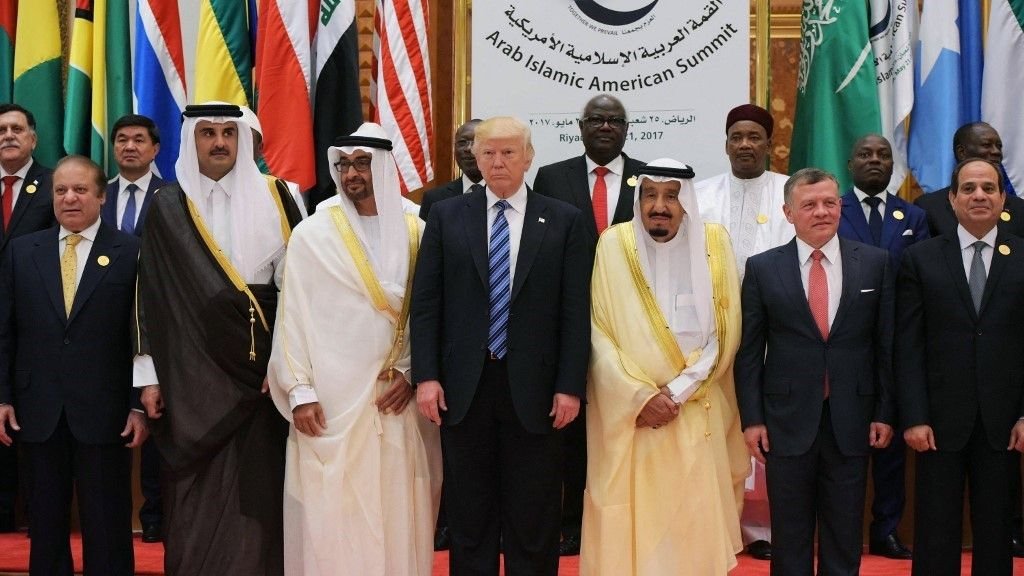
Al-Monitor, the Middle East’s leading independent news source highlighted that there would be “major shifts for the Middle East”.
“Trump has voiced mixed messaging about the war in Gaza,” the report noted, adding that while on one hand Trump encouraged Israeli Prime Minister Benjamin Netanyahu to “finish the problem”, on the other hand, he called on Israel to “stop killing people”.
Leading Middle Eastern outlet Al Jazeera highlighted Palestine’s fears amid Trump’s support for Israel.
“When it comes to Palestine, Trump appears in favour of giving Israel even more freedom… than Biden,” the article said, voicing fears against “this non-interventionist approach”.
Palestine news agency, WAFA, carried a simple news article reporting that President Mahmoud Abbas congratulated Trump and “expressed his aspiration to work with President Trump for peace and security in the region”.
Shehab News, a Palestinian news agency affiliated with Hamas, the Palestinian armed group and political movement in Gaza Strip that Israel is engaged in war with, also analysed the impact of Trump’s win.
It quoted military and strategic expert, Nidal Abu Zeid as saying that “Trump will not be able to grant the occupation (Israel) a victory that he (Netanyahu) failed to achieve during the Democrats’ era… and he (Netanyahu) will also be unable to achieve it during the Republicans’ era… because the equation of resistance is in the field and not in politics…”
According to leading Gulf & Middle East news outlet, Al Arabiya, key questions loom about whether the incoming administration will “change course on critical matters of conflict and diplomacy”.
Trump is also likely to “double down” on the Abhram Accords, a series of agreements normalizing ties between Israel and various Arab nations, Al Arabiya said, quoting Sanam Vakil, director of the MENA program at think-tank Chatham House.
When it comes to Gulf states, the Qatar News Agency simply observed that “oil prices fell by nearly 2% following Donald Trump’s announcement of victory in the US presidential election… driven also by a strengthening dollar.”
Even the leading Gulf News outlet Khaleej Times carried only news reports from Reuters or AFP to report on US election, with no editorial or opinion piece to talk about the implications of Trump’s victory on Gulf states.
Africa: Mixed bag
The African News Agency, which covers all major African economies, carried a piece highlighting “mixed reactions in Africa” to Trump’s presidential win.
“The victory could boost US-Africa trade partnerships, but raises questions about human rights and sustainable development,” the report observed.
“Trump’s impact on Africa will depend on his priorities for cooperation and investment on the continent.”
According to Africanews.com, “critics argue that the US is lagging in response to China’s aggressive strategies” in the African region. However, it was an older article published before the US election results were announced.
UK, Europe: Comprehensive coverage
Media in UK and Europe continue to give widespread coverage to the US election and its results.
Global outlets such as the BBC have carried several analytical pieces on various aspects of Trump’s win and impending presidency.
“Did the US election polls fail?” questioned one article on the BBC website, focusing on how the polls predicted a tight race but Trump delivered a quick and demanding victory.
In another piece, the focus was on whether Trump’s win would spark a global trade war.
“Trump sees tariffs as a way of growing the US economy, protecting jobs and raising tax revenue,” the article argued.
Another leading UK news outlet The Guardian, was more critical of Trump’s comeback.
“Why Donald Trump’s return is a disaster for Europe” wrote Paul Taylor, senior visiting fellow at the European Policy Centre in The Guardian. He argued that “Europeans stand to suffer strategically, economically and politically from his (Trump’s) ‘America first’ policies.”
“Moreover, Europe is at risk of being squeezed in a deepening US-China trade conflict,” he added.
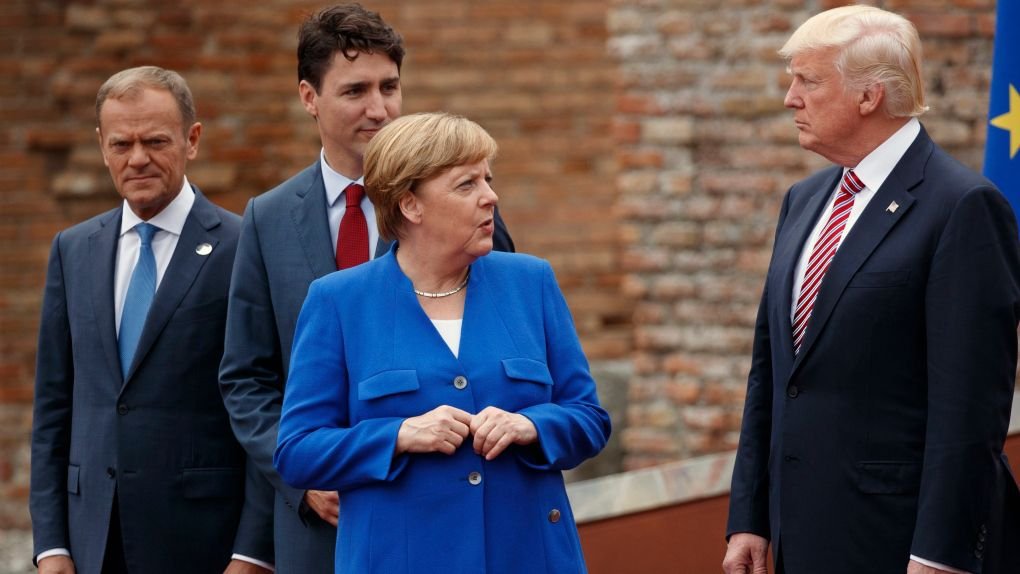
According to European news outlet, Politico.eu, “Trump’s victory will inevitably affect every area of EU policy, from drug pricing to green technologies to artificial intelligence standards.”
Specifically, the news outlet focused on different areas of energy, climate, banking, sustainability, healthcare, and defence, and analysed them from Trump’s policy perspective.
Overall, the European news outlets seemed to agree largely on one point. That Trump’s win is a challenge for Europe, at a time when the continent is already grappling for unity.

